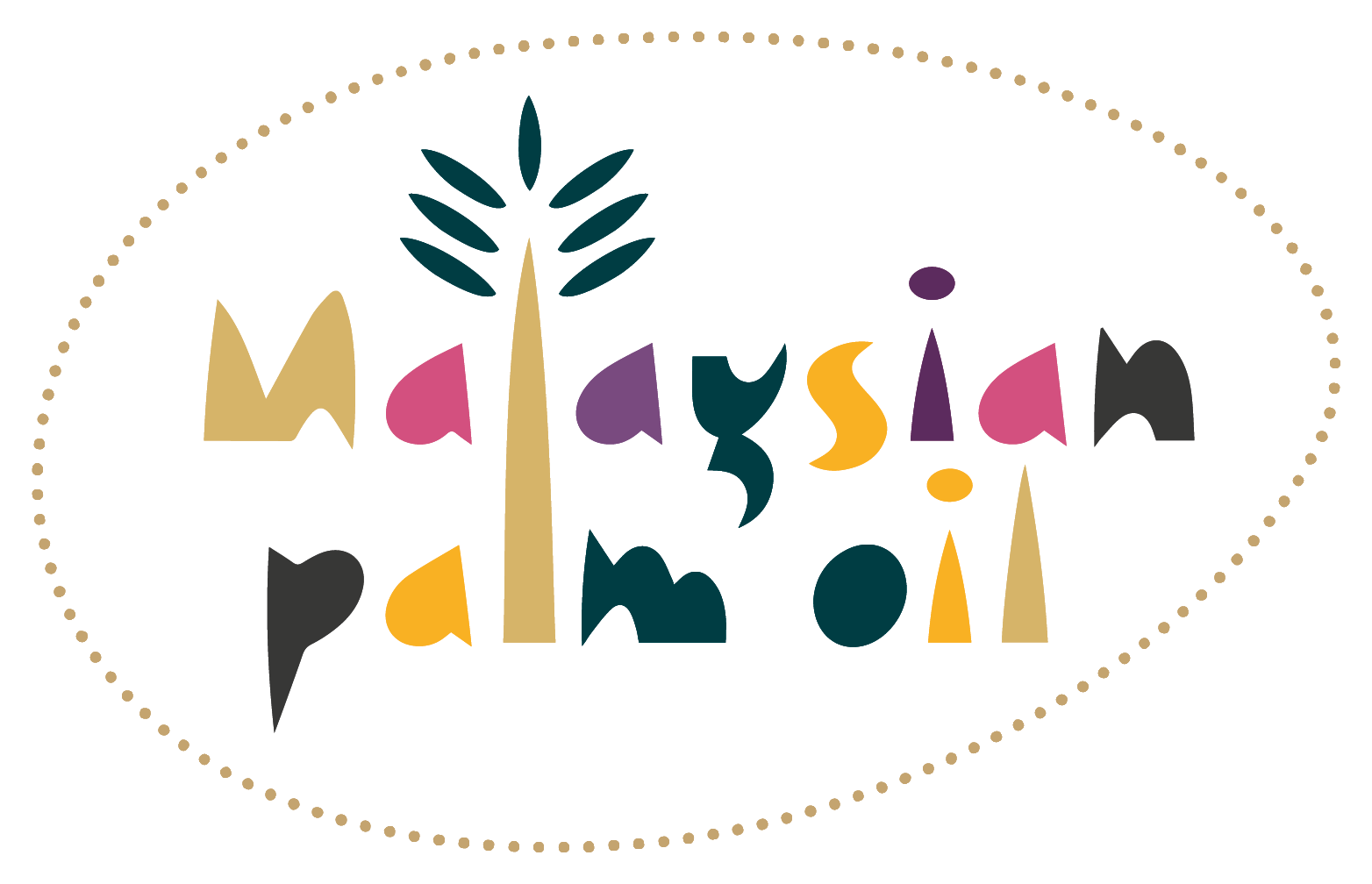People
There are approximately 450,000 palm oil smallholders in Malaysia, the country is host to around 500,000 plantation workers, and the industry also supports significant downstream operations. All play a critical role in the success of the palm oil sector.
Smallholders
Malaysiaâs smallholders cover 1.49 million ha, or around 26% of Malaysiaâs planted area. The vast majority â covering 1.39 million ha â have been certified sustainable. They are an integral part of the countryâs development story. After the country gained independence from European colonialism in 1957, the government implemented a land scheme that would provide farmland and incomes for its landless population.
This scheme, now known as the Federal Land Development Authority (FELDA), is estimated to have lifted 1 million people out of poverty.
The FELDA scheme provided agricultural extension services, subsidised inputs and financial support for farmers that would not be available otherwise.
FELDA farmers have improved their farming practices over time, with yields increasing per farm by around 9 times over the course of 20 years, with better farming techniques and seedlings. Incomes on a per hectare basis peaked in the late 1990s and early 2000s and have since plateaued.
FELDA is now very much a mature industry, but its legacy lives on as farming plots are passed to the next generation.
Plantation Workers
Although there have been problems identified in the plantation sector with labour practices, there are nonetheless positive outcomes for many plantation workers throughout the palm oil sector.
Malaysia is a lower-middle income country, but there are many workers from the region that migrate to Malaysia to seek new economic opportunities.
One study has indicated that migrant workers from Indonesia actually have better financial outcomes from plantation work than many local workers.
In 2022 the Malaysian government raised the minimum wage for workers by 25 per cent; the industry noted that many of its workers are already paid above the minimum wage.
Downstream
The downstream industry in Malaysia is an extension of the palm industry; it represents around 20 per cent of global capacity. It produces oleochemicals, biodiesel, oils, fats and fast moving consumer goods that are derived from palm oil. Around 425,000 people are employed in the industry directly, which requires high levels of technical skill, including engineers and systems specialists. Each oleochemicals firm employs on average 3,500 people, and supports an additional 25,000 jobs in logistics, transport and other services.
